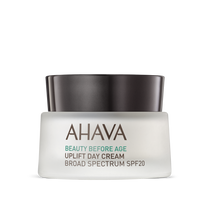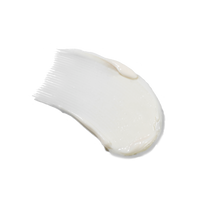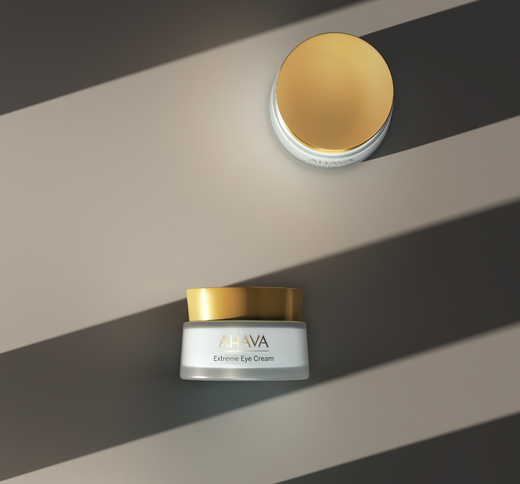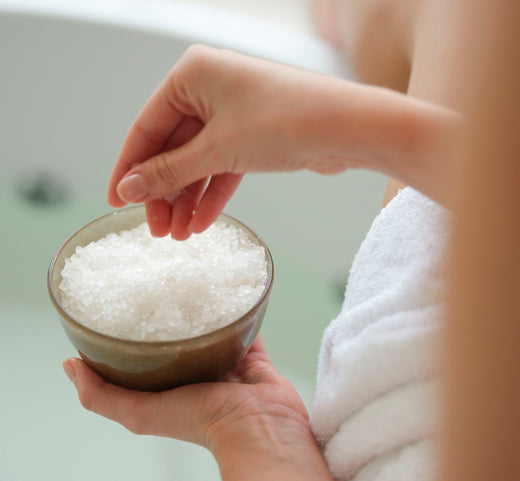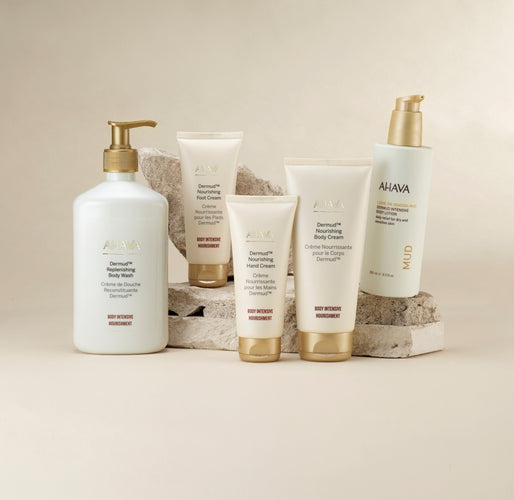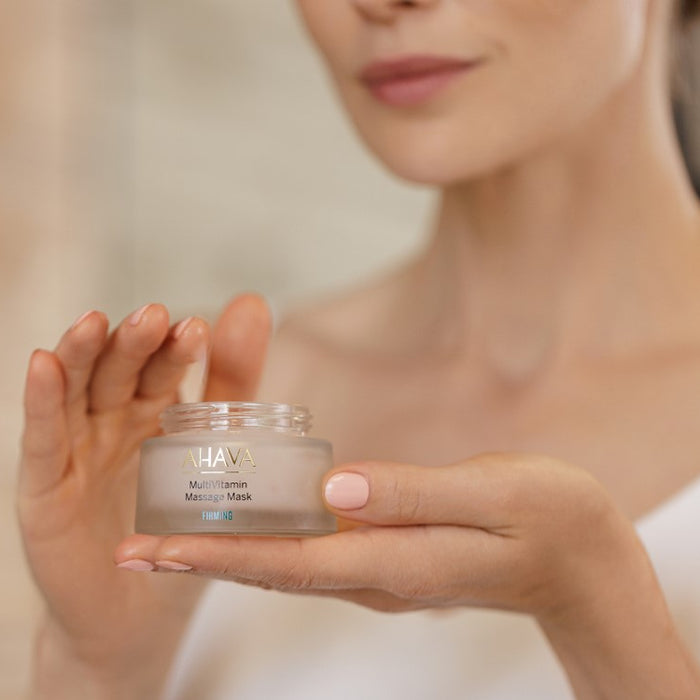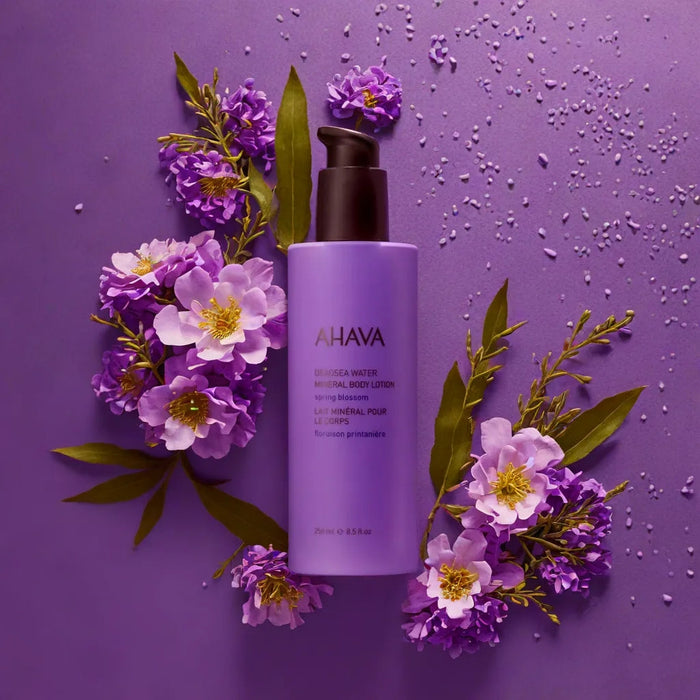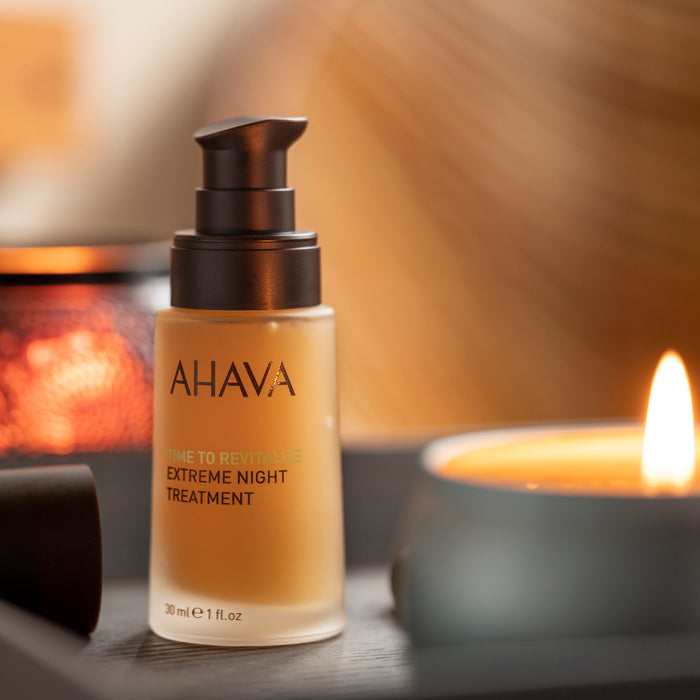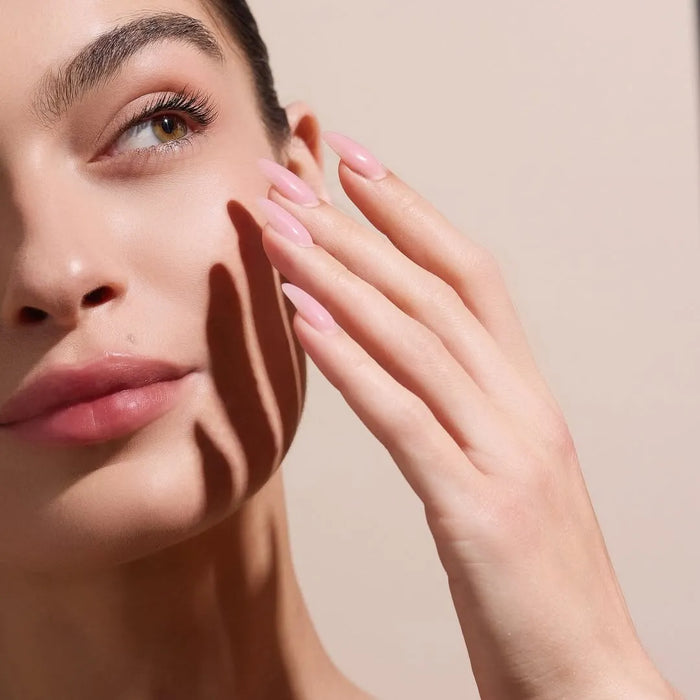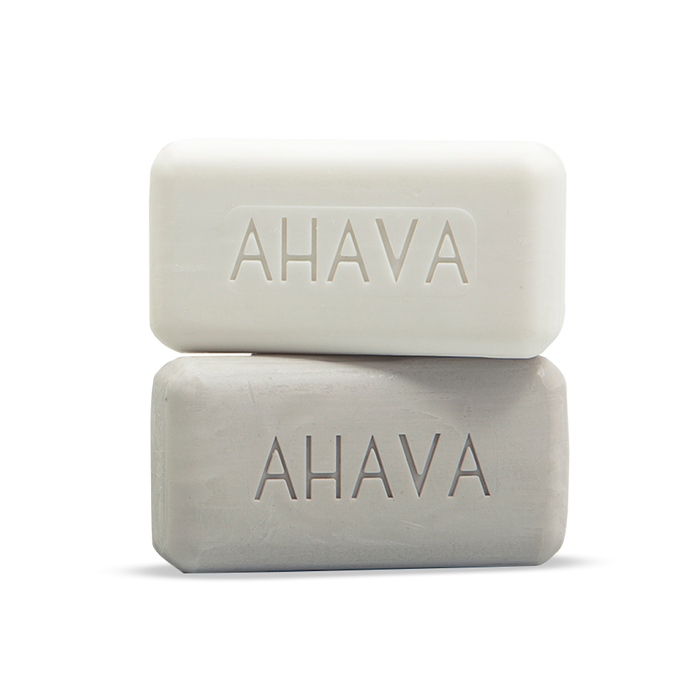SPF: The Quintessential Shield for Radiant Skin
Sun Protection Factor, more commonly known as SPF, is more than just a buzzword; it is your key ally in the pursuit of impeccable skin! In this article, we decipher the science behind SPF, why it is indispensable, and the smart approaches to integrate it into your daily regimen.
Understanding the Science of Sun Protection
SPF is a measure of how well a sunscreen protects your skin from the harmful UVB rays that are responsible for sunburn and contribute to skin cancer. UVB rays aren’t the only culprits, though; UVA rays penetrate deeper into the skin, accelerating visible signs of aging and contributing to long-term skin damage.
A broad-spectrum sunscreen guards against both UVA and UVB rays. And while it’s often associated with sunny beach days, sun protection is a year-round necessity. Why? UV radiation penetrates through clouds and even through glass – daily exposure while walking through the city, driving, or sitting by an office window can still cause damage.
Over time, this daily exposure accumulates. In fact, up to 70% of sun-related skin damage is caused by everyday incidental exposure, not by intentional sunbathing. That's why integrating SPF into your skincare isn’t just for aesthetic effect – it’s a health imperative.
The Number Game Decoded
- SPF 15: Blocks approximately 93% of UVB rays
- SPF 30: Blocks approximately 97%
- SPF 50: Blocks approximately 98%
The difference may seem marginal, but it matters—especially if your skin is sensitive, fair, prone to pigmentation, or you have a family history of skin cancer.
Mastering the Application
How much and how often? Using an insufficient amount of sunscreen can significantly reduce your protection. As a general rule, apply about a shot glass’ worth (two tablespoons) for your entire body, and a nickel-sized dollop for your face.
Reapply at least every two hours, and immediately after swimming, sweating, or towel drying.
Pro tip: Apply your sunscreen at least 30 minutes before sun exposure to allow it to form a proper protective barrier.
Smart Sunscreen Selection
Our skin’s needs are as individual as we are. For sensitive skin, opt for physical (mineral) sunscreens with zinc oxide or titanium dioxide – gentle yet effective. If your skin tends to be oily or acne-prone, reach for lightweight, water-based formulas that won’t clog pores.
A Holistic Approach
Sun protection doesn’t stop at SPF. Layer up your defense:
- Sun-protective clothing: Choose garments with a high UPF rating. A UPF of 50, for example, lets only 1/50th of the sun’s rays reach your skin.
- Wide-brimmed hats and UV-filtering sunglasses: Crucial for shielding delicate areas like the face, neck, and eyes.
- Hydration: Don’t underestimate it. Well-hydrated skin stays resilient and radiant under stress – including sun exposure.
- Antioxidants: Boost your skin’s defenses by using a topical antioxidant serum (like our MultiVitamin C+ Serum) under your sunscreen. Ingredients like Vitamin C and Vitamin E neutralize free radicals triggered by UV rays and help brighten and firm the skin over time.
Do UV Rays Take a Winter Break?
Definitely not. Snow, sand, and water reflect UV rays and amplify their effects. And even on cloudy days, up to 80% of UV rays can still reach your skin – your SPF is an all-season, all-weather best friend.
Beyond the Surface: Nutrition’s Role
Diet plays a beautiful part in your glow. Carotenoids (found in carrots and sweet potatoes) and lycopene (in tomatoes) have antioxidant properties that help fortify your skin from the inside out. Skincare you can snack on? Yes, please.
The Bottom Line
Adding a broad-spectrum SPF to your skincare routine is a vital, non-negotiable act of self-care. But when paired with smart habits—hydration, protective clothing, antioxidant support, and mindful application—you create a true shield that defends your glow from within and without.
Skin that is protected is skin that remains resilient, luminous, and loved, every single day.





